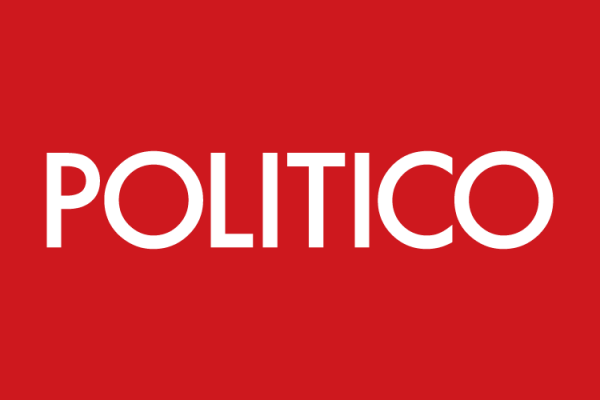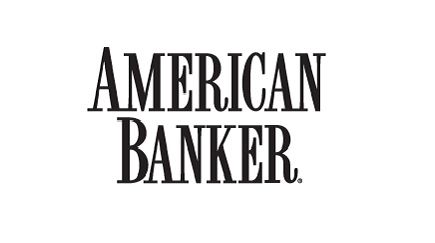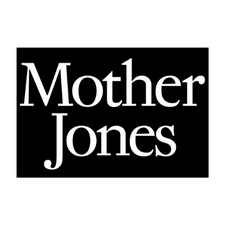In The News: Private equity still investing billions in dirty energy despite pledge to clean up (The Guardian)
Carlyle is rated F, the lowest in the climate credentials scorecard that has been created by the Private Equity Stakeholder Project (Pesp) and Americans for Financial Reform Education Fund (Afref). “The scorecard provides important information and analysis that can help investors and communities understand what these firms are doing, and makes very clear that the firm’s climate commitments are largely empty words,” said Oscar Valdes Viera, research manager at Afref and co-author of the climate risks scorecard.










